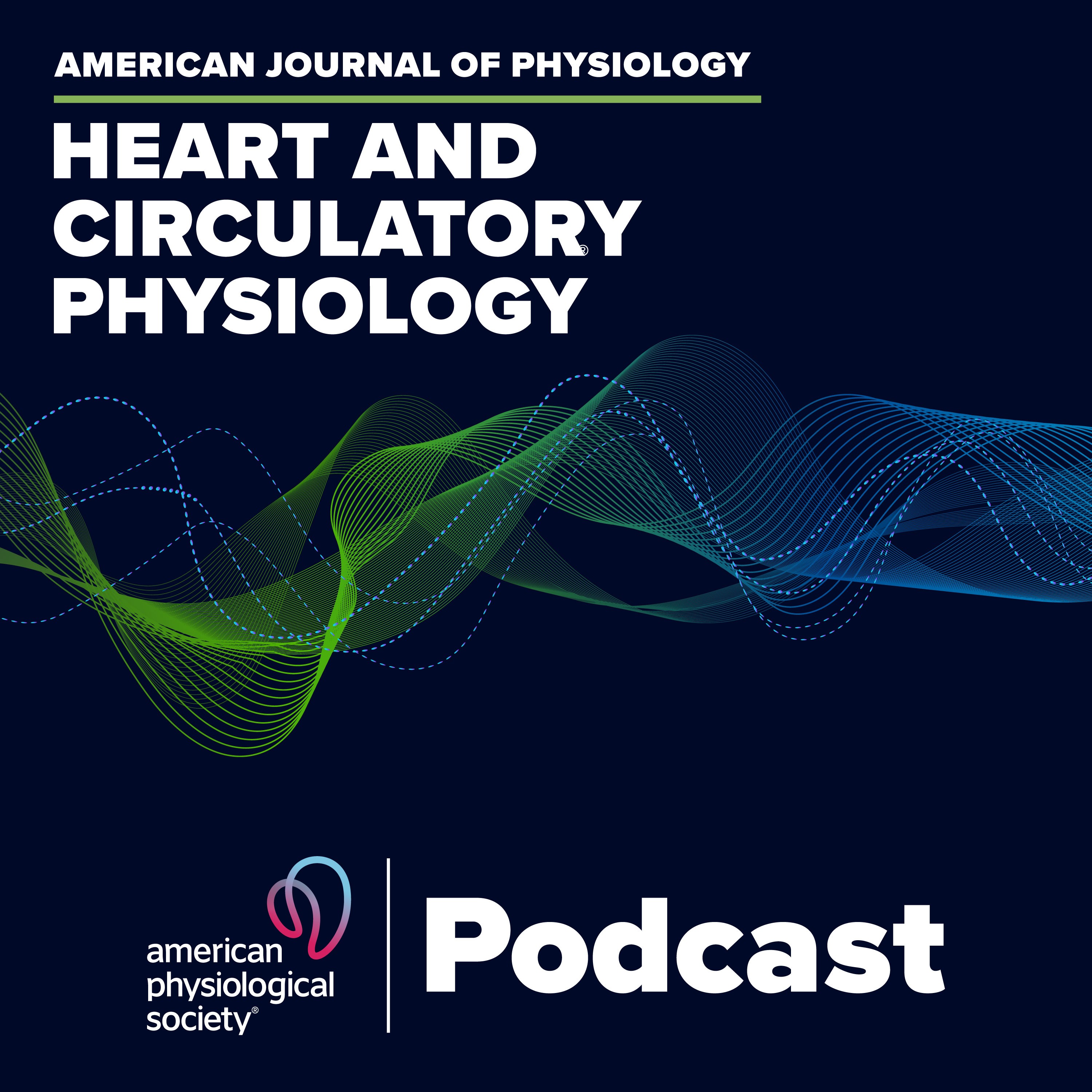How the American Physiological Society can Promote Black Physiologists
Description
What does being a good ally look like? In a new Perspective, authors Dr. Karla Haack (Merck), Dr. Austin Robinson (Auburn University), Dr. Dexter Lee (Howard University College of Medicine), Dr. Keisa Mathis (University of North Texas Health Science Center), and Dr. Junie Paula Warrington (University of Mississippi Medical Center) discuss how the American Physiological Society (APS) can promote Black physiologists and support them in the challenges they face. The authors sat down with The AJP-Heart and Circ Podcast for a wide-ranging interview at the cross-section of social justice and science. The authors feel that APS has a unique opportunity as an international organization to be at the forefront of supporting Black physiologists and boosting the success of underrepresented minority APS members. As the authors note, Black students are often first-generation college students, and therefore mentoring and K-12 physiology outreach are critically important. Robinson et al. discuss issues around the underrepresentation of Black physiologists at the faculty level, as well as challenges with access to pilot funding to support Black early career researchers. The authors discuss many actionable steps, such as inviting Black physiologists to be scientific co-investigators and co-authors on studies, as well as partnering with Historically Black Colleges and Universities to help build a pipeline of future Black physiologists. The authors take-home message? Don’t underestimate the power of being an ally and using your voice to amplify the voices of Black physiologists. As Dr. Junie Paula Warrington stated, “One person at a time, we can make a huge impact.”
Austin T. Robinson, Nathaniel D. M. Jenkins, Sofia O. Sanchez, Karla K. V. Haack, Dexter L. Lee, Keisa W. Mathis, and Junie P. Warrington Supporting and promoting Black physiologists: how can the APS help? Am J Physiol Heart Circ Physiol, published May 4, 2023. DOI: 10.1152/ajpheart.00082.2023
More Episodes
While decreased IL-33 signaling has been associated with preeclampsia, the mechanisms linking this signaling pathway to disease pathophysiology are not well understood. In this episode, Associate Editor Dr. Amanda LeBlanc (University of Louisville) interviews author Dr. Denise Cornelius...
Published 06/04/24
Published 06/04/24
In this episode, Associate Editor Dr. Jonathan Kirk (Loyola University Chicago) interviews author Dr. Ed Lesnefsky (Richmond Department of Veterans Affairs Medical Center and Virginia Commonwealth University) and expert Dr. Chi Fung Lee (Oklahoma Medical Research Foundation) about the new Methods...
Published 05/03/24


